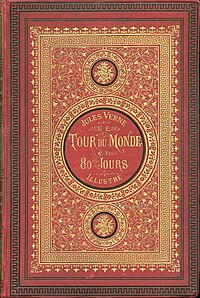
104. Pratchett, Terry. Feet of Clay. 357 pages. 8.12.09

105. Lowry, Lois. Messenger. 169 pages. 8.13.09.Lois Lowry's
Messenger is the third young adult novel in the sequence containing
The Giver and
Gathering Blue, and follows the character of Matty, who is first introduced in
Gathering Blue. The beginning of
Messenger introduces a Matty six years after the conclusion of the previous novel, and focuses on his life in Village, a community of escapees living beyond the control of the oppressive societies they fled. Here, Matty is a messenger who risks the perils of Forest to facilitate communication between communities, and he prides himself on being the only one who can make the journeys time and again. However, as the plot develops the reader discovers with Matty that citizens of Village are being negatively impacted by trading, and when these changed neighbors vote to close the village Matty sets out to retrieve Kira, the daughter of the blind man with whom he has lived for the past six years.
Messenger lacks the power of development of
The Giver and the compassion of
Gathering Blue, leaving me very dissatisfied as a reader. The story itself seems shallow and poorly developed as if Matty's store is a mere after-thought that Lowry thought she should wrap up. While some of the satire and social commentary present in early novels exists, in
Messenger they are overshadowed by supernatural themes: Forest is a personified forest that can literally kill citizens, who are essentially trapped by homicidal vegetation, and characters such as Matty, Kira, and "Leader" work through magical gifts (such as "seeing beyond") which allow them to overcome obstacles, as opposed to the strength of human spirit and belief in life, freedom, and humanity as presented in the earlier companion novels.
Messenger is a disappointment in both method and, well, message, and is the weakest of the sequence that begins so beautifully with
The Giver.















